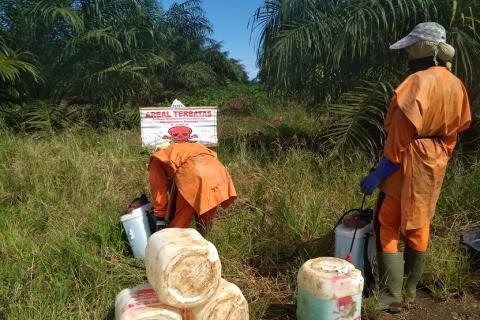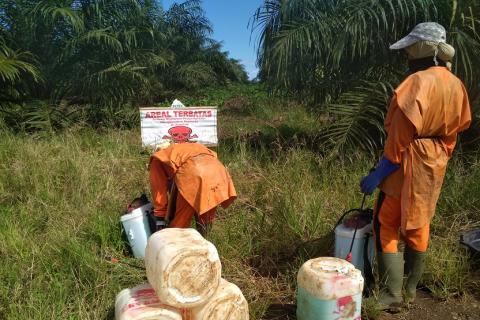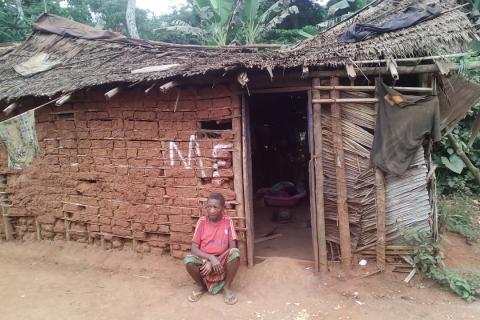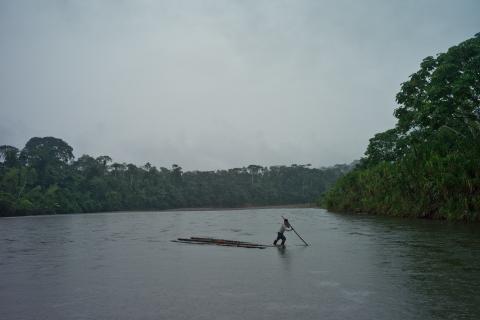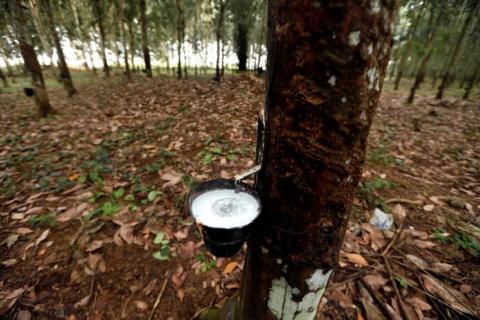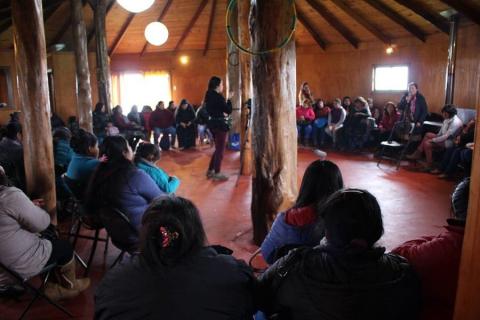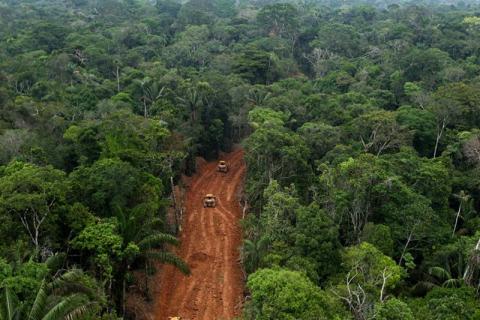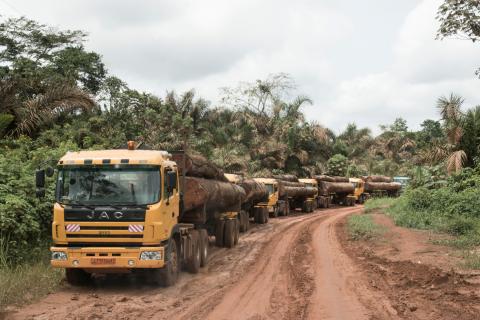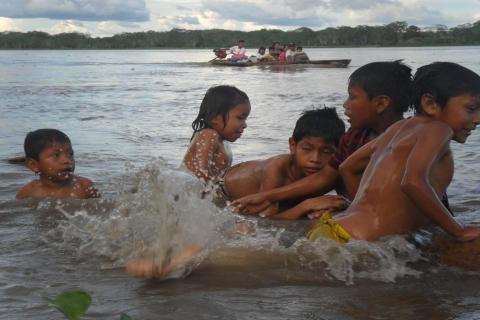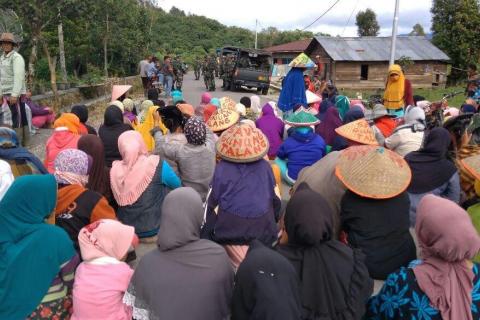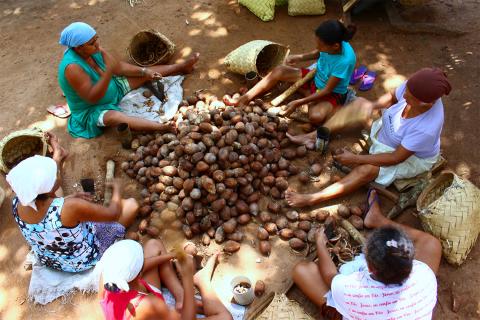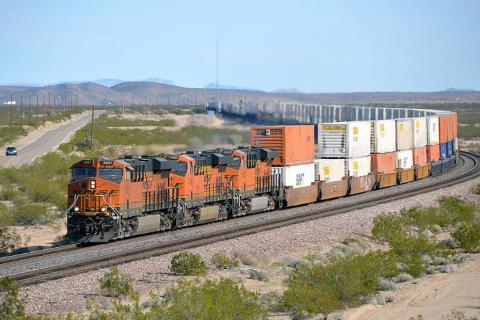Exploitative working conditions in the oil palm plantations’ industry in Indonesia are persistent and the main victims are mostly women. Although this situation is often overlooked, the production process of the world’s largest producer of palm oil is strongly influenced by its existence.
Bulletin articles
Indigenous peoples in Cameroon are not only seeing their lands threatened due to strong pressure from corporate and state investors, but they also face a discriminatory justice system that blames and criminalizes them.
REDD+ has shown to be a big failure for the climate, the forests and forest peoples, but many international agencies and governments continue to support it. This article takes a look at its inability to halt deforestation and the fundamental flaws of its main initiatives.
The industrial production of natural rubber has always been synonymous with destruction and exploitation. About 70% is used to manufacture tires. As the use of cars, trucks and airplanes increases, the use of rubber will also increase. And this does not come without controversy.
The Network of Women’s Organizations of Tirúa, in south central Chile, is deploying strategies for life to prevail in this region. This territory has been threatened by the massive invasion of tree plantations, which state policies continue to promote.
It is impossible to think about extraction without thinking about a vast network of accompanying infrastructure, and thus even greater deforestation and destruction.
We live in an age of ever more “extreme infrastructure.” The construction of roads, railway lines and other infrastructure linking production and resource extraction centres with major consumer areas is tied to profoundly undemocratic forms of elitist planning.
The Waterway aims to connect the Amazon to the world. But that argument is based on the idea that we are disconnected in the Amazon. That is not true. What it really wants to do is place the Amazon in service of capital, razing peoples.
“If our land, water sources, air and livelihoods are being destroyed by geothermal exploration and exploitation, how can this energy be called “clean”? “Clean” for whom?”
The construction of the Suzano Pulp and Paper mill—along with nearby highways, the constant transport of wood, and the massive influx of workers—has brought a lot of devastation to communities. This is the testimony of an activist who is fighting for the territory.
The mega-infrastructure corridors prioritized in ambitious investment programmes spanning the african continent are squarely focused on facilitating the export of minerals and agricultural commodity crops and the import of processed foods and manufactured goods.
